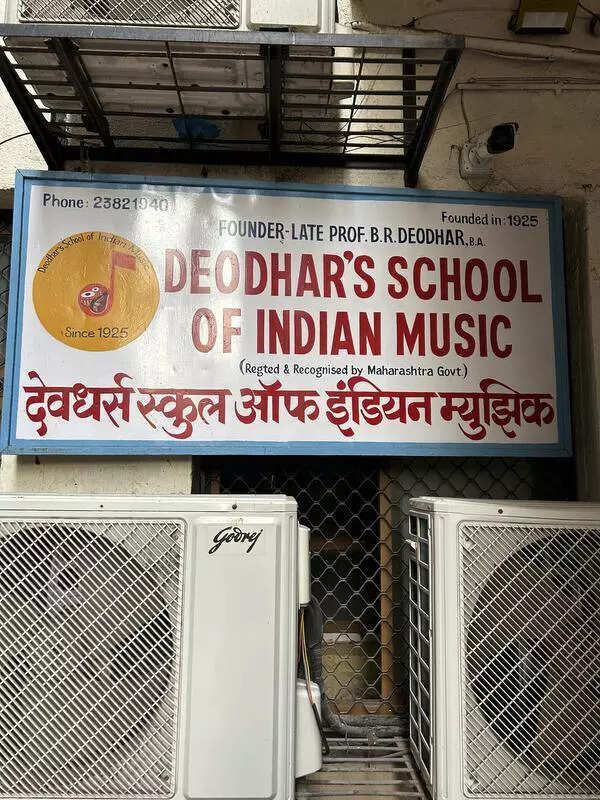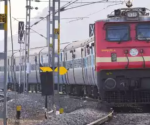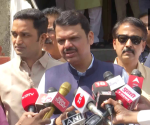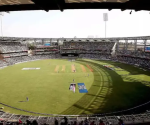Iconic music school of ‘suited-booted singer’ at Opera House jn turns 100 | Mumbai News – The Times of India

Deodhar’s School of Indian Music, which turns 100 this year, is a living monument to the city’s musical history which played out grandly in the surrounding Girgaum area, once the centre of old ‘native’ Mumbai. It was here that a child prodigy called Kumar Gandharva arrived in 1936 and left 12 years later as a prodigiously talented musician who transcended style and genre — which many attribute to his teacher, the maverick musician B R Deodhar.
Deodhar Master was known in Marathi circles as the ‘soota bootache gavai (the suit-boot singer)’ because he used to wear western clothes. He was a history and economics graduate from Mumbai’s Wilson College, and a favoured student of Vishnu Digambar Paluskar, the founder of the Gandharva Mahavidyalaya musical colleges.
Deodhar Master was a history and economics graduate but his passion was music. He was a favoured student of Vishnu Digambar Paluskar, the founder of the Gandharva Mahavidyalaya musical colleges which democratised Hindustani classical music, taking it out of closed hereditary chambers into the public domain where anyone could come and learn. When Paluskar eventually closed down his colleges in 1923, he picked his bright young student to start what was initially called the School of Indian Music (named by Sarojini Naidu, whose sister was one of the first students), assisted by a cultural organisation called Prarthana Samaj. This became the Deodhar School of Music at French Bridge.
Deodhar was affiliated to the Gwalior gharana or style, but was known for his openness to all schools of music, including western voice culture. According to the book ‘Musicophilia in Mumbai’, Deodhar’s friend Vamanrao Deshpande used to tease him that he “changed his gurus every six months as one changed one’s sandals”. He would often be dressed like an Englishman, but sang like a thoroughbred Ustad.
The Deodhar School of Music was the hub where legendary musicians performed, shared compositions and exchanged notes—literally and figuratively. The great Bade Ghulam Ali Khan, Rajabhaiya Poochwale and Govindrao Tembe were regulars, as was Sinde Khan, a fakir musician who would disappear for long stretches but be eagerly anticipated, for his mendicant life belied his mastery over compositions. “The school held weekly concerts and music conferences would go on for seven days,” says trustee of the school Girish Gogate. “Many prominent citizens came to visit the school, like Madan Mohan Malviya, Annie Besant and Bhulabhai Desai. And many learned under Dadaji (Deodhar), including the city mayor Sir Boman Behram and the actor Devika rani.”
In the early twentieth century, the Deodhar School was surrounded by what was then the most prestigious cultural institutions. A few roads away was Laxmi Baug, built by Narayan Dabholkar, once the most prestigious concert hall in the city. All the musical instrument stores were along Lamington Road and the neighbouring Kennedy Bridge housed beguiling courtesan singers accompanied by sarangi and tabla maestros at a time when the arts were not associated with ‘good families’. It was places like the Deodhar School that took the arts into a more mainstream respectable domain. There were also many poor students who could not afford the fees but Deodhar took care of their board and lodging, enabling them to learn.
Today, the little school hidden under French Bridge has rooms where tanpuras are stacked vertically like gleaming totem poles. A large hall resounds with the vibrations of many concerts, including one in which Ravi Shankar and Ali Akbar Khan performed a jugalbandi, and Alla Rakha played with a nine-year-old Zakir Husain. “Some years ago, I had the chance to accompany the late Kedar Bodas on the tanpura when he performed here,” says Rutuja Lad, a young Indian classical singer. “It was a privilege to play in the place that had nurtured all the greatest musicians of India.”
At a recent annual day function, a man went on stage to thank the Deodhar School. He said his teenaged son had been going through a bit of depression and anxiety over his engineering college results, and ever since he had started learning music here, he seemed more relaxed. For, this little spot under the busy bridge offers a palliative that urban gentrification can never match.
Pics: Namita Devidayal
















